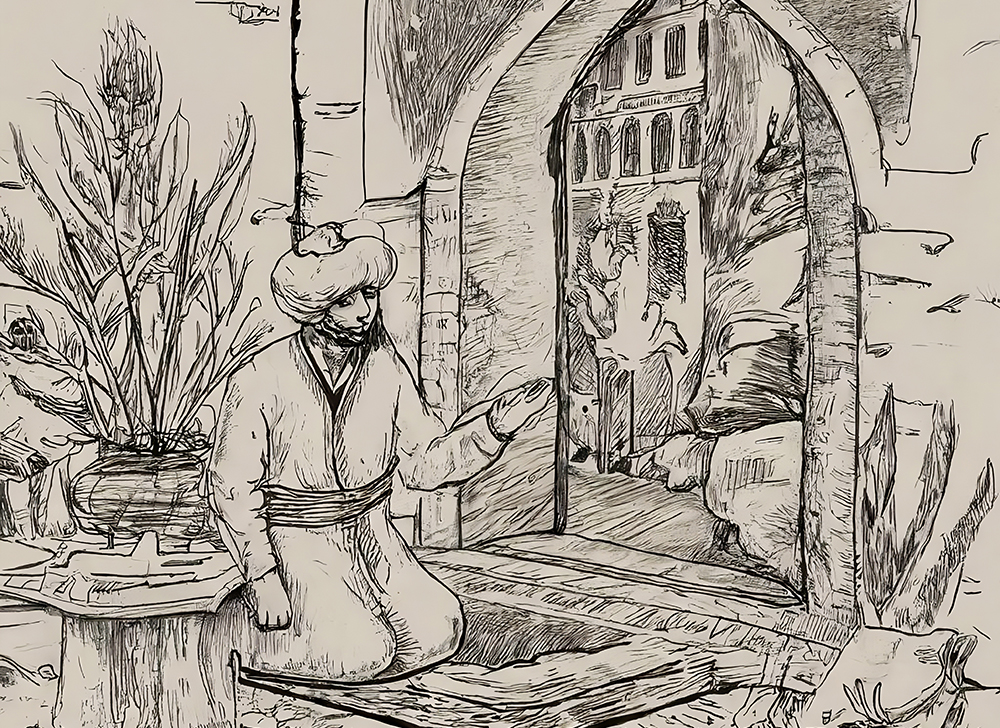The Guest House by Jalaluddin Rumi (1207-1273) | with commentary by Michael Haggiag
Poet's Corner
Usually we try to get rid of unpleasant experiences. The mystical poet Rumi however, suggests a radically different approach.
 ©
© shutterstock
Every morning a new arrival.
A joy, a depression, a meanness,
some momentary awareness comes
as an unexpected visitor.
Welcome and entertain them all!
Even if they’re a crowd of sorrows,
who violently sweep your house
empty of its furniture, still,
treat each guest honorably.
He may be clearing you out
for some new delight.
The dark thought, the shame, the malice,
meet them at the door laughing
and invite them in.
Be grateful for whoever comes,
because each has been sent
as a guide from beyond.
Always check your inner state
with the lord of your heart.
Copper doesn’t know it’s copper,
until it’s changing to gold.
Your loving doesn’t know majesty,
until it knows its helplessness.
Jalaluddin Rumi is a 13th century Persian poet and Sufi mystic. He was born in Afghanistan and lived most of his life in Turkey. At the time, both countries were part of the Persian sultanate of Rum, the name given to the large region of Asia Minor also known as Byzantine Anatolia before the Arab conquest. At the age of 37, he met his spiritual mentor Shams-e-Tabrizi who profoundly changed his life. Already a well-known teacher and jurist, Rumi became an ascetic and world-renowned poet whose central theme was the love that infused the world. He believed - like Zen master Hakuin - that music, poetry and dance were a path to the divine and laid the foundation for the Mevlevi Order, popularly known as the Whirling Dervishes. At his death Christians, Jews and Muslims all gathered to mourn him, and his shrine in Konya, Turkey, is still a major site of pilgrimage. His epitaph reads, “When we are dead, seek not our tomb in the earth, but find it in the hearts of men.”
His six-volume masterpiece, Masnavi, is considered one of the greatest mystical poems ever written. The Guest House is among his most popular short poems. It has a remarkably modern flavour and points to the heart of the spiritual path. We’re encouraged to treat passing thoughts and emotions with kindness, consideration and respect, as we would honoured guests who have something valuable to teach us before they depart.




